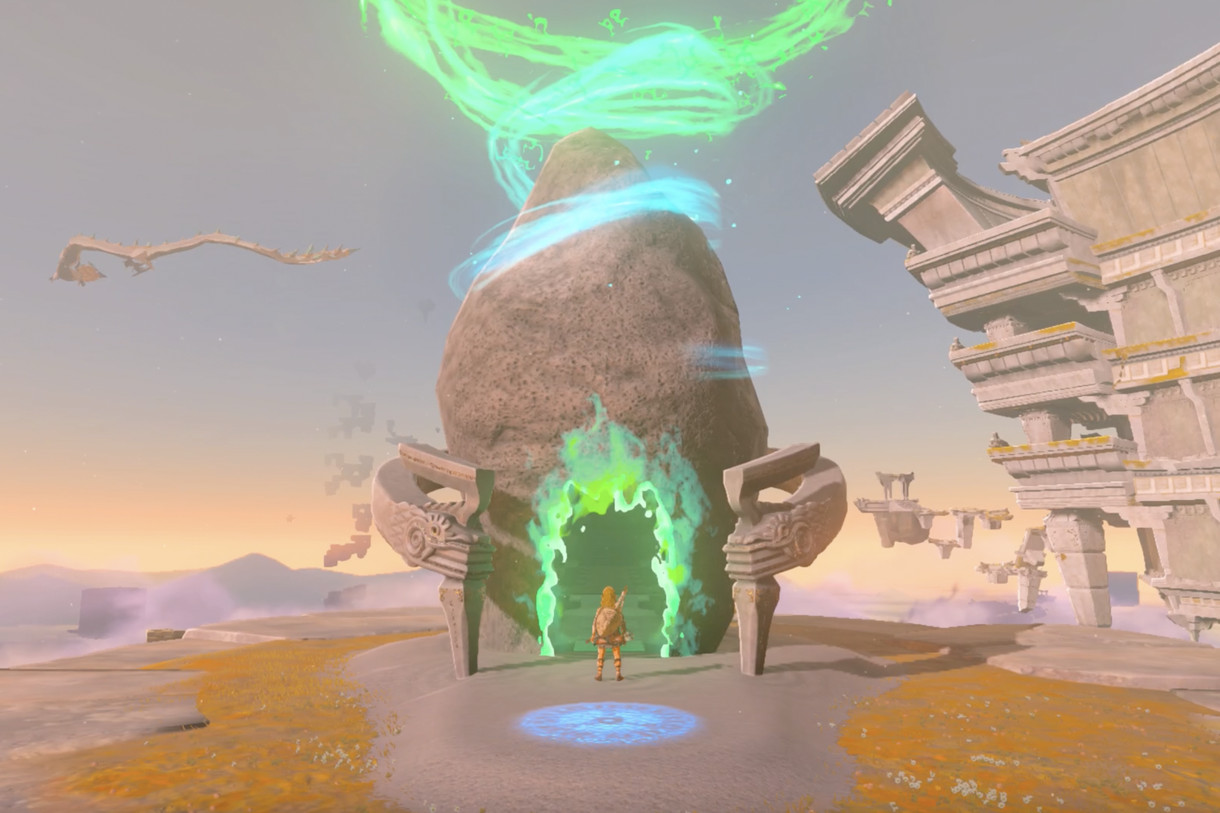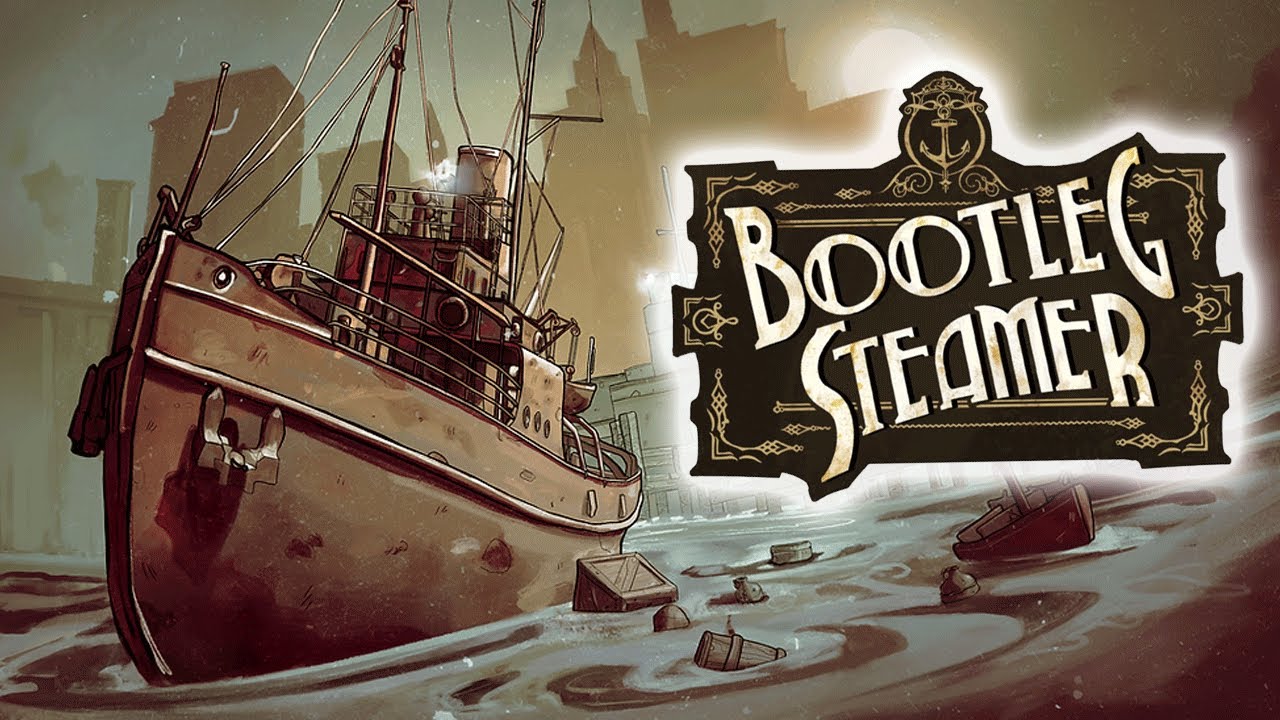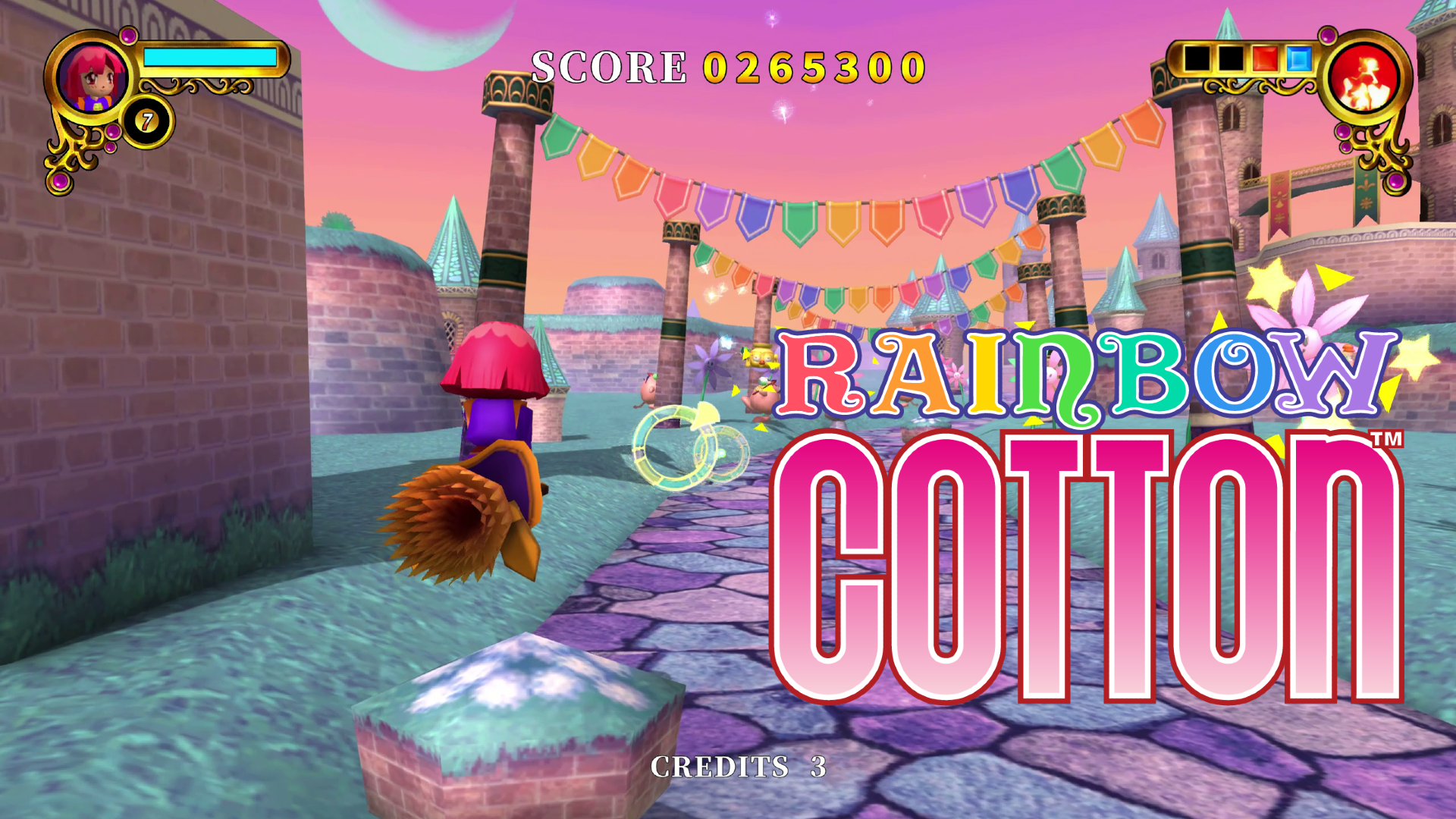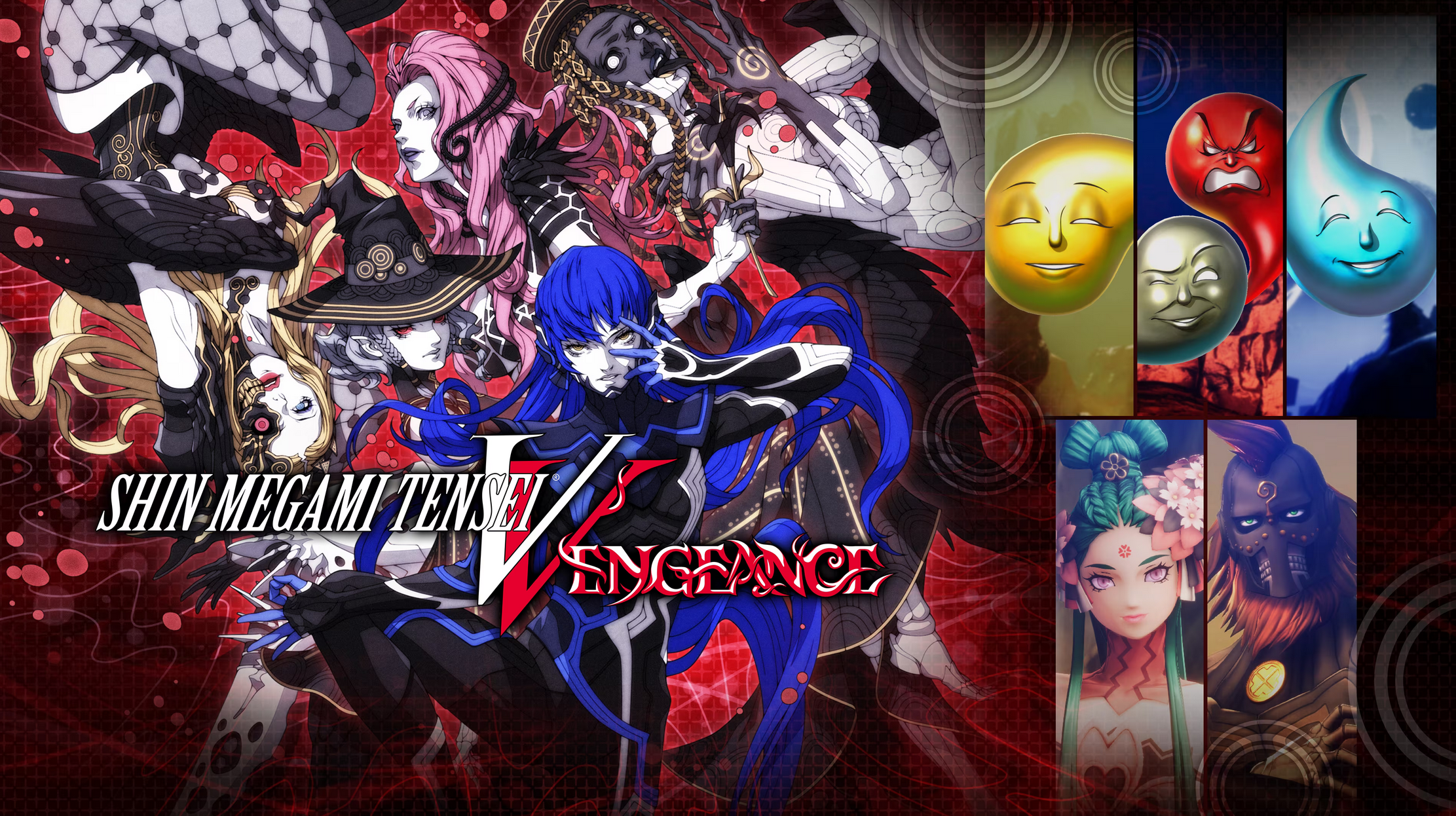Citrus legal action.
You might remember how, a while back, Nintendo threatened legal action against Dolphin, the GameCube/Wii emulator. While that never panned out (the Dolphin devs lawyered up, making it an unappealing endeavor), the next in Nintendo’s sights is Yuzu, the Switch emulator.
Nintendo claims that Yuzu “unlawfully circumvents the technological measures” that keep Nintendo Switch games proprietary to their platform. The main bone of contention, aside from the Steam Deck presentation that showed the emulator on Valve’s handheld gaming computer, comes down to The Legend of Zelda: Tears of the Kingdom.
The Legend of Zelda: Tears of the Kingdom was one of the biggest releases last year (it legitimately consumed over 170 hours of my life, and I didn’t even do all of the side quests). It was also, however, dumped and pirated 2 weeks ahead of its release. Such that on the day the game actually officially launched, Yuzu devs claimed it was ready to run a day later, “full speed on most hardware,” with “no hacks needed.”
And Nintendo, despite the incredible success of the game, didn’t like that.
The lawsuit against the Yuzu parent company, Tropic Haze LLC (here on Scribd, via Stephen Totilo), most notably claims that emulators are “a piece of software that allows users to unlawfully play pirated videogames that were published only for a specific console on a general-purpose computing device,” and, as noted above, makes particular note of Tears of the Kingdom as an example of exactly such use. It is also worth noting that Yuzu devs discourage piracy on their discord, not that Nintendo cares in the slightest. The footnotes also make a point of Yuzu’s quickstart guide, which details how to dump games as well as the decryption keys from legitimate Switch hardware.
As to piracy, for instance, one recent major Nintendo video game, The Legend of Zelda: Tears of the Kingdom, was unlawfully distributed a week and a half before its release by Nintendo. Infringing copies of the game that circulated online were able to be played in Yuzu, and those copies were successfully downloaded from pirate websites over one million times before the game was published and made available for lawful purchase by Nintendo. Many of the pirate websites specifically noted the ability to play the game file in Yuzu. Defendant’s development and distribution of Yuzu to the public materially contributes to and induces those third parties to infringe the copyrights in Nintendo’s games. Defendant is thus secondarily liable for the infringement committed by the users to whom it distributes Yuzu.
The good news is that there is precedent against this: the cases Sony made against both the makers of Bleem! and Connectix (which created Virtual Game Station, software which was later sold to Sony ironically) found in favor of the makers of these programs. That said, both of them went belly up afterwards as the legal hardship impacted business, but that’s neither here nor there. These cases established that emulators are not illegal (though Nintendo has spent the past ~25 years claiming otherwise), and that you are legally allowed to make a single backup of any legally obtained software you own (though there is some legal mumbo jumbo that actually makes this more difficult than you’d think, discussed below).
This was, however, nearly 25 years ago, and the Digital Millenium Copyright Act, established in 1998, has seen a whole hell of a lot more use since then. It is theoretically possible that Nintendo could break precedent on this, especially is the case is given to a particularly old or out-of-touch judge. Which would be a genuinely bad thing; most games (as a study last year showed, roughly 87%) are not available in legal form on modern platforms, and these companies have no financial incentive to ensure the entirety of their library remain accessible. The best Nintendo ever got was the Wii Virtual Console, which even then only offered a fraction of the library for any of the consoles supported.
Nintendo’s lawsuit also makes a point of claiming that there is no legitimate, legal use for Yuzu.
Today, Yuzu provides any Internet user in the world with the means tounlawfully decrypt and play virtually any Nintendo Switch game—including Nintendo’s current generation and most popular games—without ever paying a dime for a Nintendo console or for that game. And to be clear, there is no lawful way to use Yuzu to play Nintendo Switch games, including because it must decrypt the games’ encryption. Defendant must be held accountable for willfully providing users the means to violate Nintendo’s intellectual property rights at such a scale. The harm to Nintendo is manifest and irreparable.
… which, lamentably, is technically true, as mentioned above. Most of these companies have done things in such a way that obtaining things like BIOS, encryption keys, and backups from your legally owned hardware and software is a violation of that same Digital Millenium Copyright Act. Whether that holds up in court or not, we’ll probably see soon.
The lawsuit claims that the harm caused to Nintendo “is manifest and irreparable,” but still seeks reparations anyway. Those include a permanent injunction against the emulator, the surrender of the yuzu-emu.org site, and monetary damages. The latter being some of the most excruciating; damages of $2,500 per violation of the DMCA’s anti-circumvention and anti-trafficking provisions, and $150,000 per violation of Nintendo’s copyright, though actual damages may be determined at trial.
If Nintendo does manage to break precedent and win this trial, it could get very bad for preservation in general. Hardware eventually ages and dies, and software suffers a comparable problem. By the time it is legal to preserve these things (which thanks to the efforts of the Walt Disney Company, is a very long time), they may no longer be preservable. ROM chips can eventually fail, discs can rot, and the less said about digital distribution methods the better. Your Nintendo Switch probably won’t be operable 90-100 years from now, if you should live so long, even if you maintain it (which Nintendo probably doesn’t want you to do). So this case could very well change the landscape in a less-than-positive way.
Source: PC Gamer




